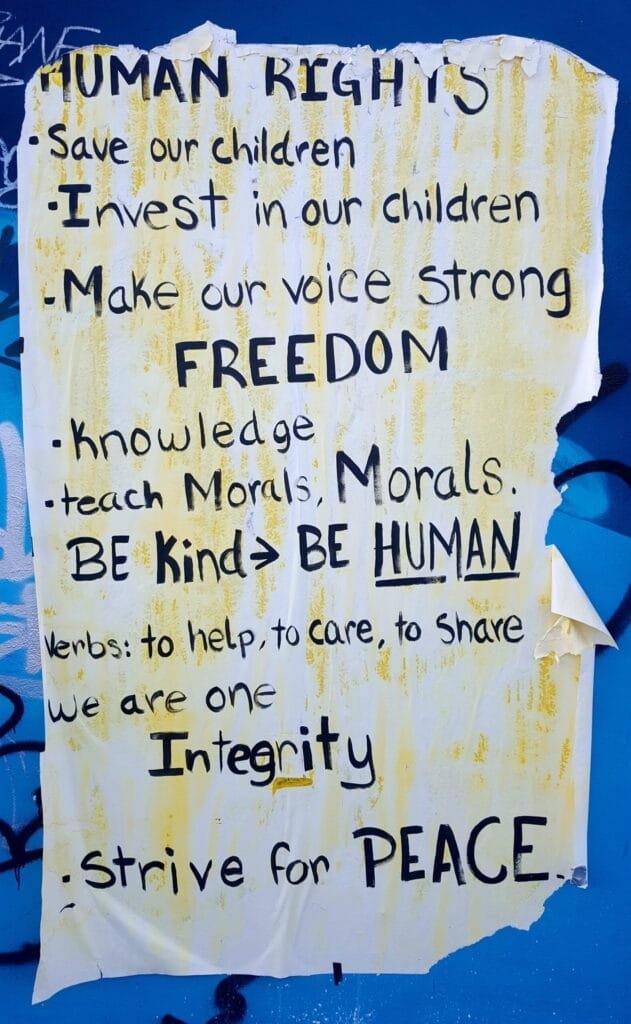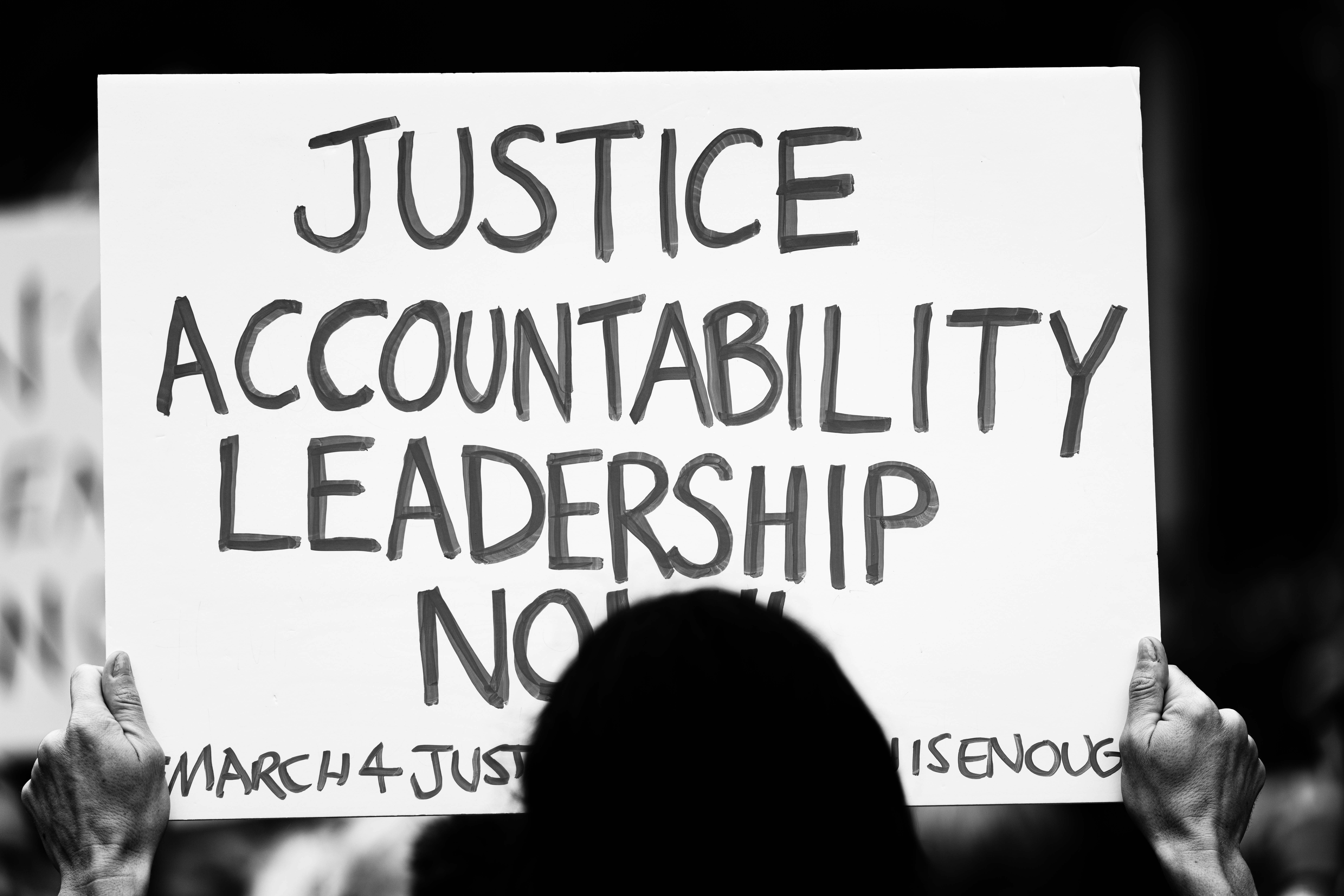The Morals Dilemma: The Impact of Law on Faith and Ethics

Understanding Morals and Faith
Morals and faith are two fundamental concepts that shape human behavior and decision-making, often intertwining in complex ways. Morals can be defined as the principles or rules that govern individuals’ perceptions of right and wrong, influencing their choices and actions within a societal framework. These principles are not universal; rather, they can be shaped by cultural, social, and personal experiences. Hence, one’s moral compass can differ significantly from another’s, leading to a rich tapestry of ethical beliefs and practices.
On the other hand, faith pertains to a deeply held belief in something greater than oneself, often manifesting in religious contexts but not confined to them. Faith can act as a guiding force that influences moral judgments, providing individuals with a framework through which they view ethical dilemmas. When people encounter moral conflicts, their faith can serve as a reference point that guides their judgment and behavior. This illustrates the interplay between faith and morality; while faith can inform moral beliefs, it is essential to recognize that morality does not always stem solely from religious teachings.
The interplay of morals and faith also reflects the broader societal context, where laws may either align with or contradict personal beliefs. Societal laws aim to create order and define acceptable behavior, yet they may sometimes challenge individual moral convictions rooted in personal faith. For example, individuals may find themselves at a moral crossroads when legal mandates conflict with their ethical beliefs influenced by faith, prompting them to reflect on the integrity of their choices. Understanding these dynamics is crucial for comprehending the complexities surrounding the morality dilemma and its implications for individuals navigating their ethical landscapes.
The Role of Laws in Society
Laws serve as a fundamental framework for regulating behavior within a society, providing a necessary structure that facilitates harmonious coexistence among its members. The primary purpose of laws is to establish guidelines that govern interactions, protect individual rights, and promote social order. Through the creation and enforcement of laws, society aims to ensure justice and minimize conflicts, thereby fostering a stable environment in which individuals can thrive.
The process of law creation typically involves a combination of legislative action and community input. Lawmakers, guided by societal values, assess the needs of the community and draft legislation that reflects these principles. This often requires extensive discourse among various stakeholders, including citizens, advocacy groups, and experts in relevant fields. The successful enactment of a law depends not only on the legislative process but also on its alignment with the moral and ethical standards of the society it is intended to serve. It is imperative that laws promote the common good, reinforcing values such as equality, equity, and justice.
However, the impact of laws is not always universally positive. When legislation disproportionately affects certain groups, it raises important ethical considerations. Laws that target specific demographics can lead to marginalization and social injustice, as they may perpetuate existing power dynamics and inequalities. This instigates a moral dilemma, compelling society to introspectively assess whether the laws enacted genuinely reflect ethical standards or merely serve to regulate specific behaviors. Such scrutiny is necessary, as it informs ongoing legislative efforts to create inclusive laws that respect and uphold the rights of all citizens. Ultimately, the relationship between law and ethics is complex, and it calls for continuous evaluation to ensure alignment with the evolving values of society.
The Consequences of Targeted Legislation
Targeted legislation, defined as laws created to intentionally harm or discriminate against specific groups, casts a significant shadow over the interplay between law, faith, and ethics. Such legal frameworks often reflect the moral deficiencies of those wielding power and underscore the ethical dilemmas that arise in a society striving for justice and equality. Historical examples abound, illustrating the dire consequences of such legislation. The Jim Crow laws in the United States serve as a highly notable instance, enshrining racial discrimination into law and facilitating systemic oppression that spanned decades. These laws were not mere oversights; they were deliberate actions taken to uphold white supremacy, disregarding the inherent dignity and rights of African Americans.
Additionally, contemporary legislation targeting marginalized groups highlights the ongoing struggle between law and ethics. The enactment of laws prohibiting same-sex marriage in various jurisdictions throughout the early 21st century represents another framework aimed at undermining the rights of LGBTQ+ individuals. While such legislation was often justified by invoking religious doctrine, it simultaneously raised profound ethical questions about the role of faith in public policy and the potential harm inflicted by a legal system that serves to marginalize instead of protect.
These examples elucidate the ramifications of targeted legislation, not only on the immediate victims but also on societal integrity as a whole. The moral implications extend beyond the affected groups, prompting broader ethical debates about social responsibility, the role of lawmakers, and the conscience of a society that allows such injustices to persist. The impact is multifaceted, ultimately challenging the very foundations of trust that underpin a legal system meant to serve all citizens equitably.
Reassessing True Morality and Faith
The interplay between law, faith, and morality presents a complex landscape that necessitates critical examination. As societies evolve, it becomes vital for individuals to reassess their understanding of true morality, advocating for ethical standards that transcend mere compliance with legal frameworks. Genuine morals are reflected not only in adherence to laws but also in the capacity for compassion, understanding, and inclusivity.
The challenge often lies in differentiating between laws that promote ethical behavior and those that actuate division or harm. It is essential for individuals to recognize that morality is not static; rather, it is dynamic and should evolve alongside societal values. A key tenet of true morality involves the ability to empathize with others, fostering an environment where diverse beliefs and values can coexist peacefully. Laws should be tools that bind communities together, rather than instruments that serve to isolate marginalized groups.
Faith, too, must be critically assessed within the context of moral dilemmas governed by societal standards. Many individuals believe that their faith compels them to uphold certain values, yet it is important to reflect on whether those values align with compassion and inclusivity. True faith encourages individuals to reach beyond themselves and find common ground with others, irrespective of differing beliefs. This perspective prompts a reevaluation of the application of both law and faith within ethical frameworks.
By promoting dialogue and understanding, individuals can advocate for legal structures that not only protect rights but also embody the principles of equity and justice. Engaging with communities to push for reforms that dismantle punitive legalities in favor of restorative practices ultimately leads to a more compassionate society. Thus, as we navigate these intricate relationships, we are called to champion true morality—one that heals rather than harms, fostering a tapestry woven with understanding and kindness.




